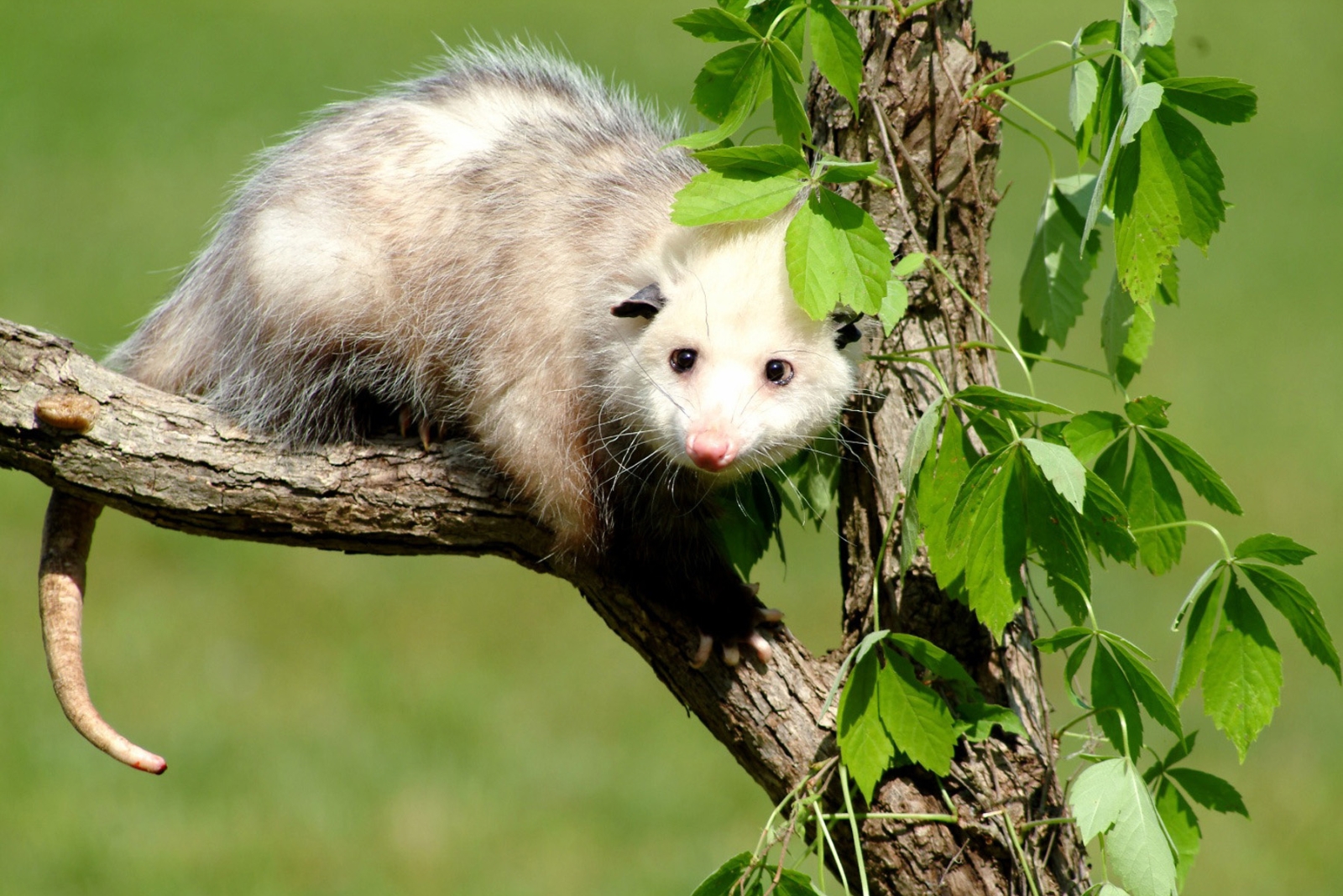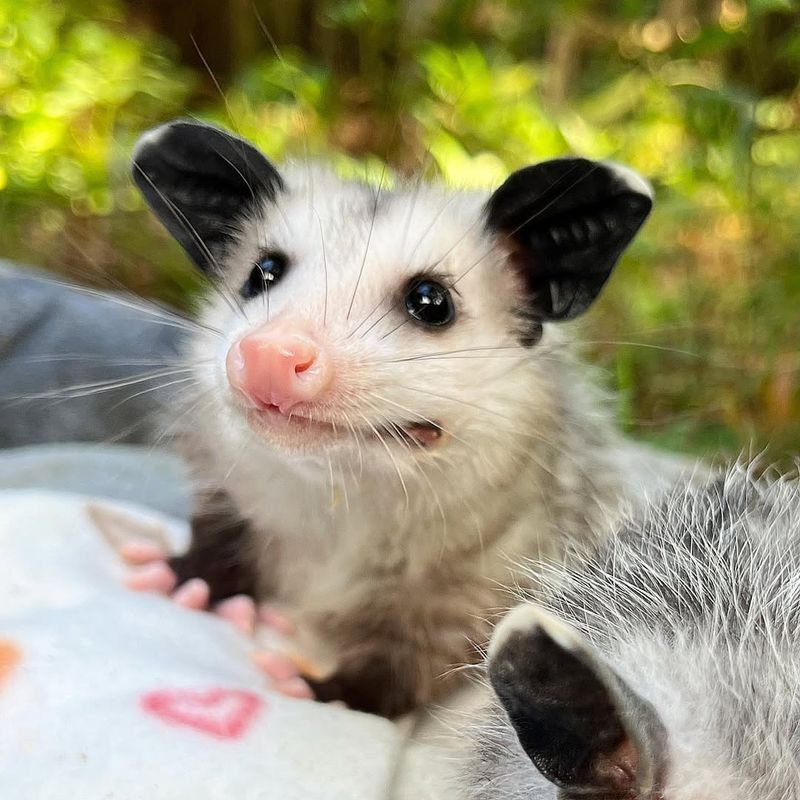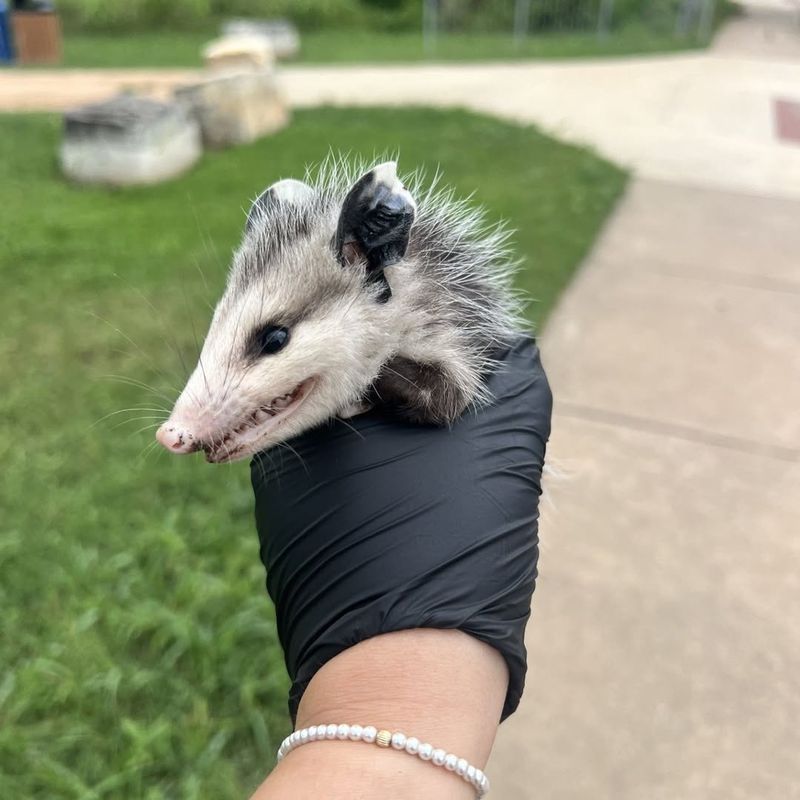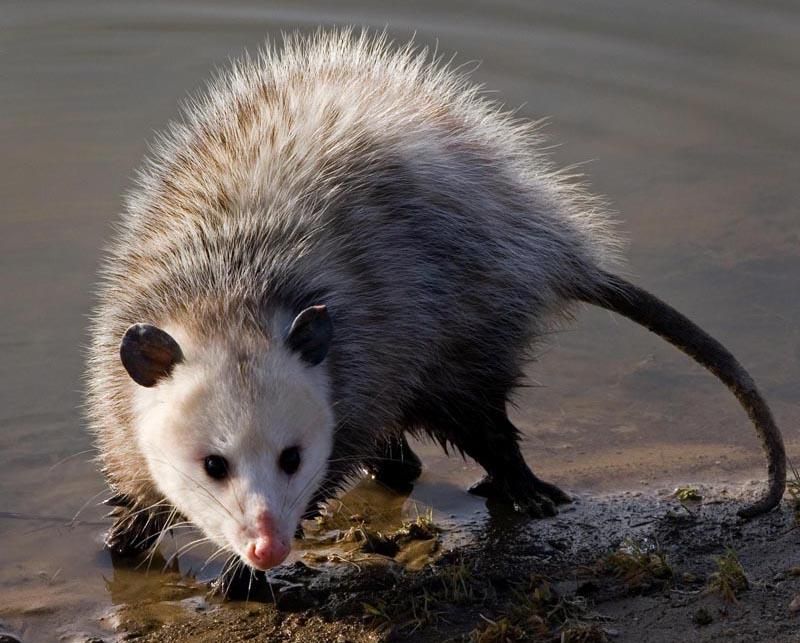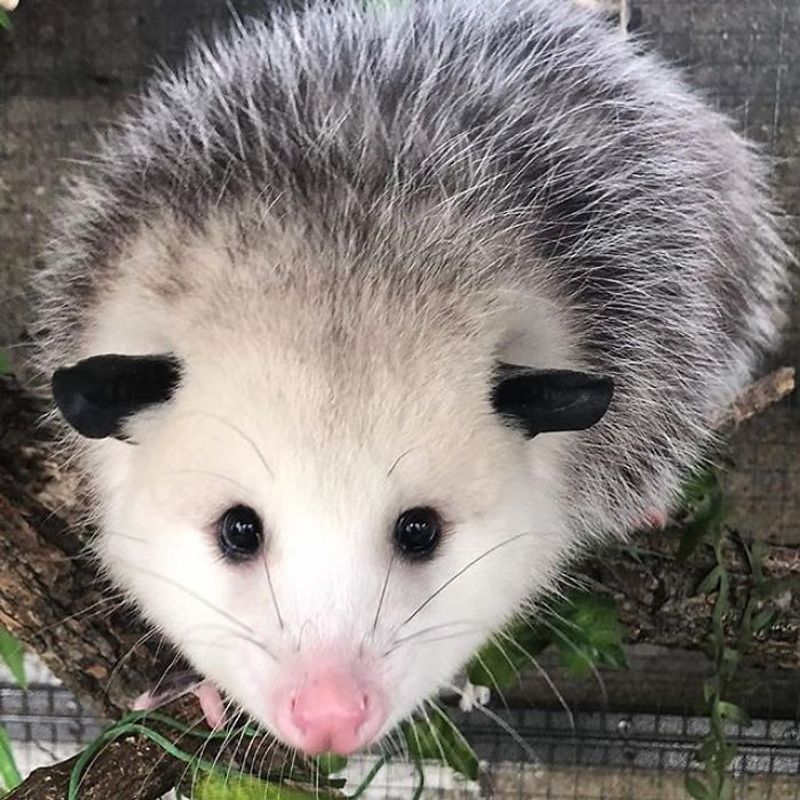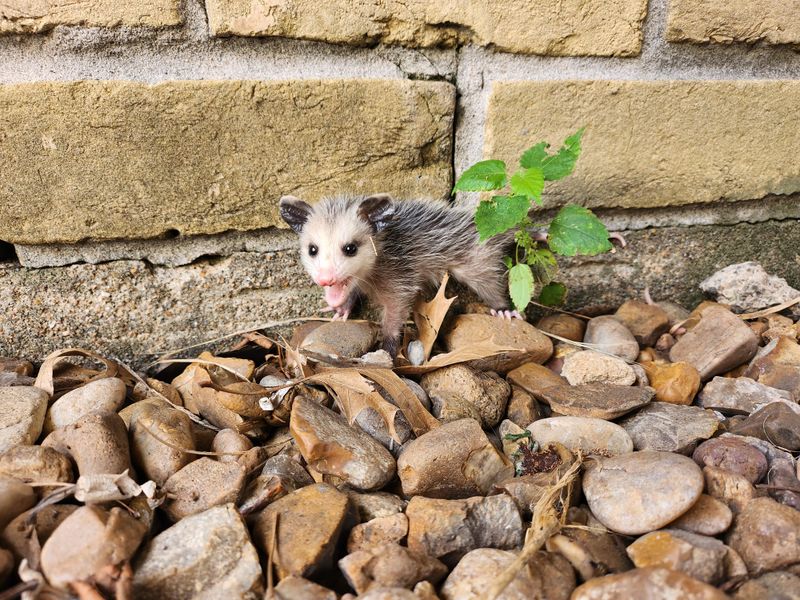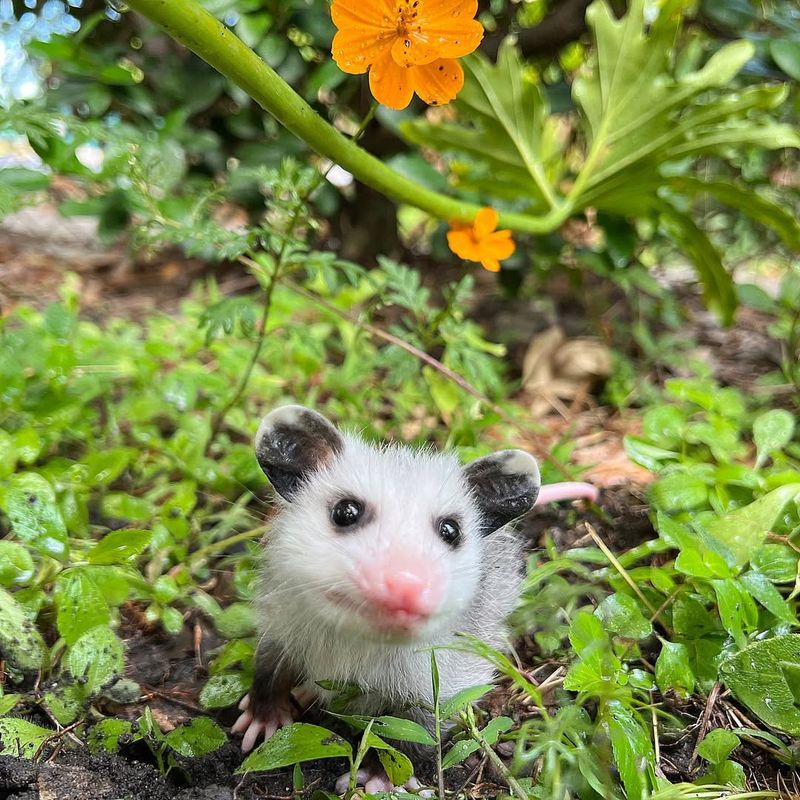If a possum wanders into your Michigan yard, it’s easy to feel unsure about what to do next. I’ve learned that rushing rarely helps.
Understanding the basics first makes the entire process less stressful. With the right approach, you can handle the situation calmly and safely.
1. Michigan Law Protects Wildlife
Did you know possums are considered protected wildlife across Michigan? Removing them without proper permits can lead to hefty fines and legal consequences.
State regulations require homeowners to contact licensed wildlife professionals or obtain special permission before trapping or relocating any wild animal. Violating these rules isn’t worth the risk.
Always check with Michigan’s Department of Natural Resources first to understand your responsibilities and avoid unnecessary penalties that could cost hundreds of dollars.
2. Possums Eat Thousands of Ticks
One possum can gobble up around 5,000 ticks in a single season, making them Michigan’s unsung heroes against Lyme disease. Their grooming habits mean they catch and eat most ticks that try to latch on.
Having a possum around your Michigan yard might actually protect your family and pets from dangerous tick-borne illnesses better than chemical treatments.
Before removing one, consider the free pest control service you’re getting from this unlikely but incredibly effective neighborhood helper.
3. They’re Not Aggressive Animals
Despite their hissing and teeth-baring displays, possums are actually quite timid creatures. When threatened, they’ll often freeze or faint rather than attack.
Michigan residents sometimes mistake their defensive posturing for aggression, but it’s really just a bluff to scare predators away. They’d much rather waddle off into the night than cause any trouble.
Bites are extremely rare, and possums generally avoid human contact whenever possible, making them far less dangerous than many people assume around homes.
4. Relocation Often Leads to Death
Moving a possum to a new location might seem humane, but it’s actually a death sentence for many animals. Without knowing where food, water, and shelter are, relocated possums struggle to survive Michigan’s harsh conditions.
They also face territorial disputes with possums already living in the area, leading to injuries or starvation.
Research shows that most relocated wildlife dies within weeks, making exclusion methods a much kinder approach than trapping and moving these vulnerable creatures far from familiar territory.
5. Simple Prevention Works Best
Securing garbage cans, removing pet food at night, and sealing entry points under decks can solve most possum problems in Michigan without removal. These straightforward steps make your property less attractive to wandering wildlife.
Installing motion-activated lights or sprinklers can also discourage nighttime visitors effectively.
Most possums are just passing through looking for easy meals, so eliminating food sources usually convinces them to move along naturally within days, saving you time and money on removal services.
6. They’re Immune to Rabies
Here’s a surprising fact: possums have a lower body temperature that makes it nearly impossible for the rabies virus to survive. Michigan residents can breathe easier knowing that possum encounters carry almost zero rabies risk.
While any wild animal bite requires medical attention, possums are actually safer neighbors than raccoons, skunks, or bats in this regard.
Their unique biology provides natural protection, making fears about rabies transmission largely unfounded and removing one major concern about having them nearby your home.
7. Professional Help Costs Less Than Fines
Hiring a licensed wildlife control operator in Michigan typically costs between $150 and $300, which is far cheaper than the fines for illegal removal. State penalties can reach $1,000 or more for improper wildlife handling.
Professionals know humane exclusion techniques and follow all legal requirements, protecting you from liability.
They’ll also identify why possums are attracted to your property and fix the problem long-term, making their services a smart investment rather than just a quick fix.
8. Possums Only Stay Temporarily
Unlike raccoons that den for months, possums are nomadic and rarely stay in one Michigan location longer than a few days. They’re constantly on the move searching for food and shelter.
Patience often solves the problem naturally without any intervention needed whatsoever.
Most sightings are just brief visits during their nightly travels, not permanent residency. Waiting a week usually means the possum has already moved on to explore other neighborhoods, making removal efforts unnecessary and a waste of resources.

